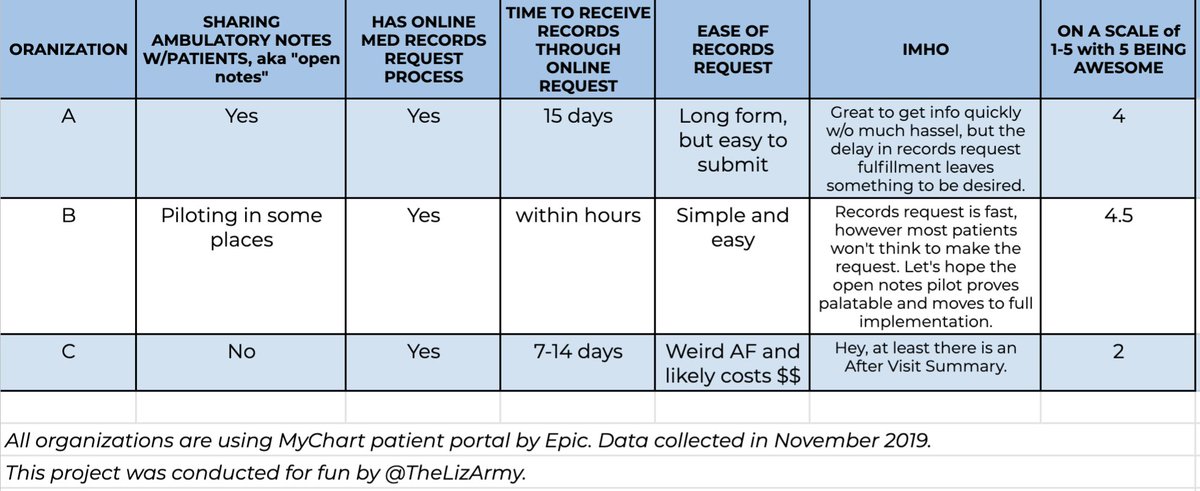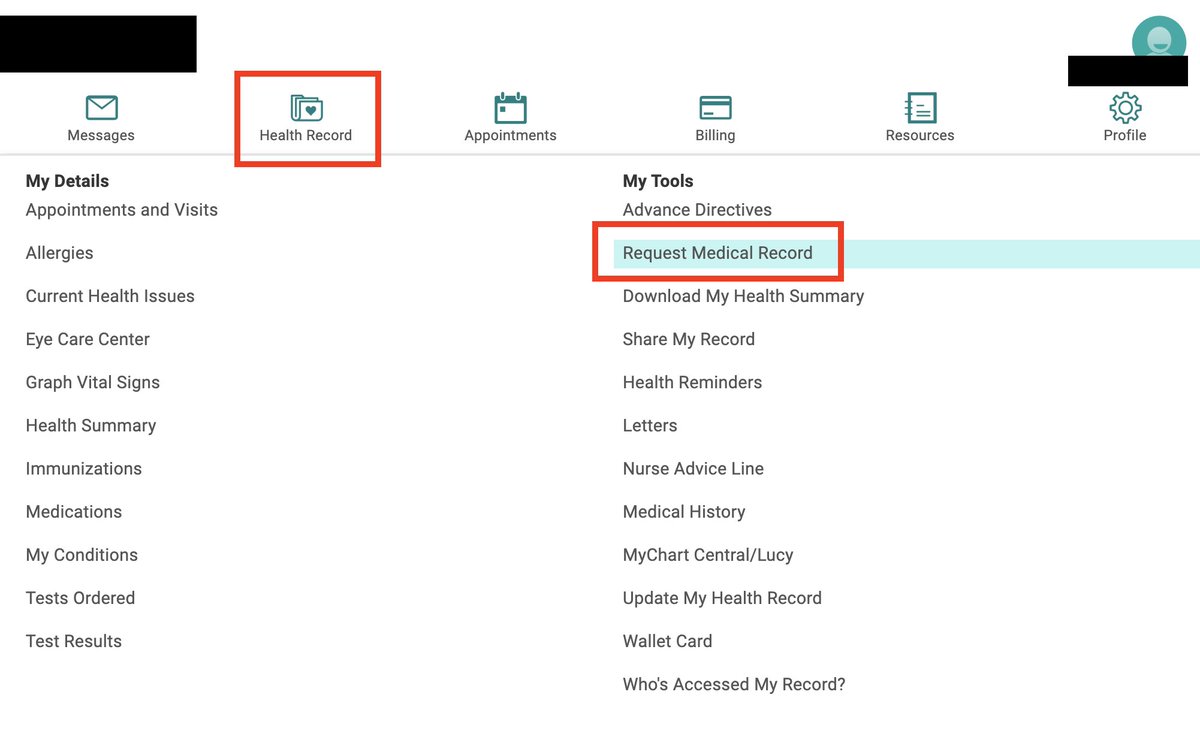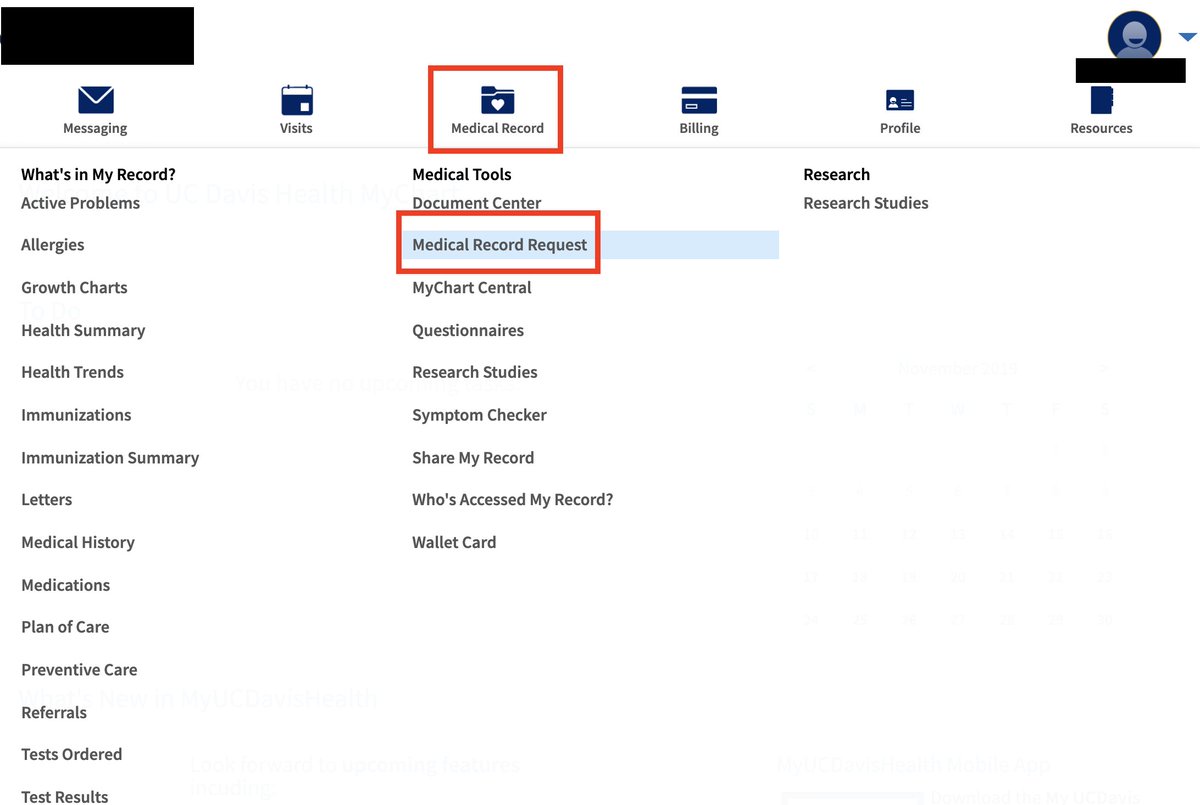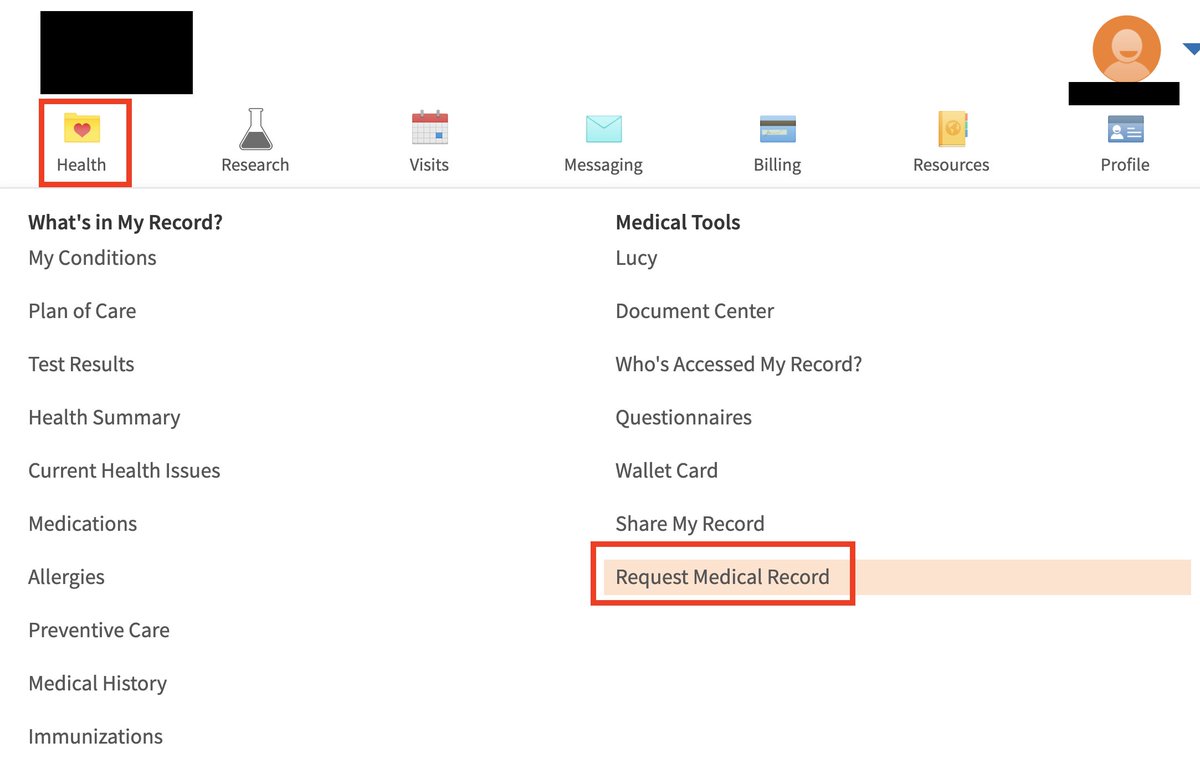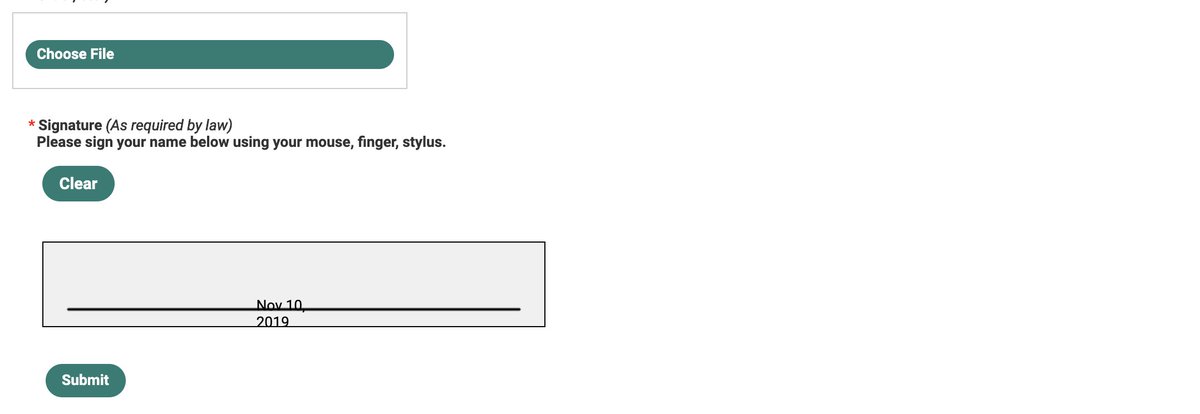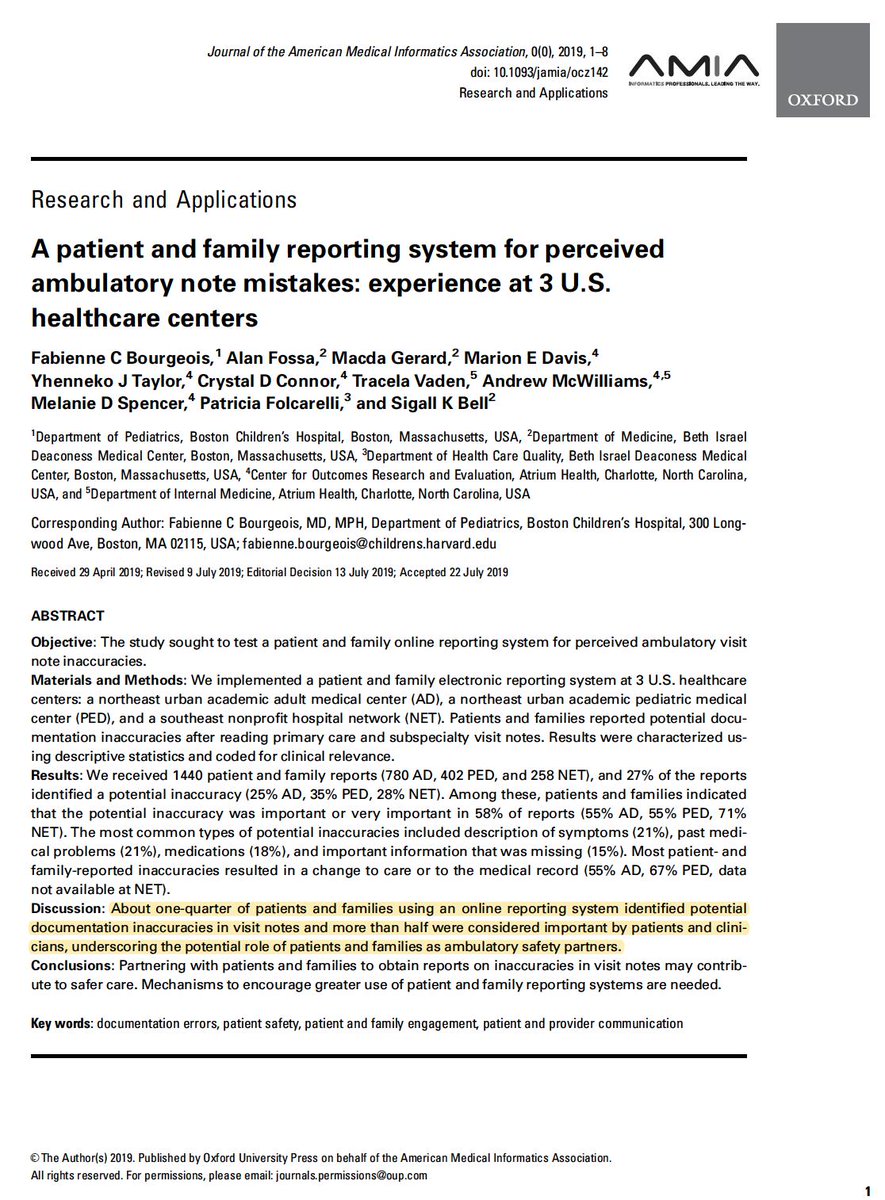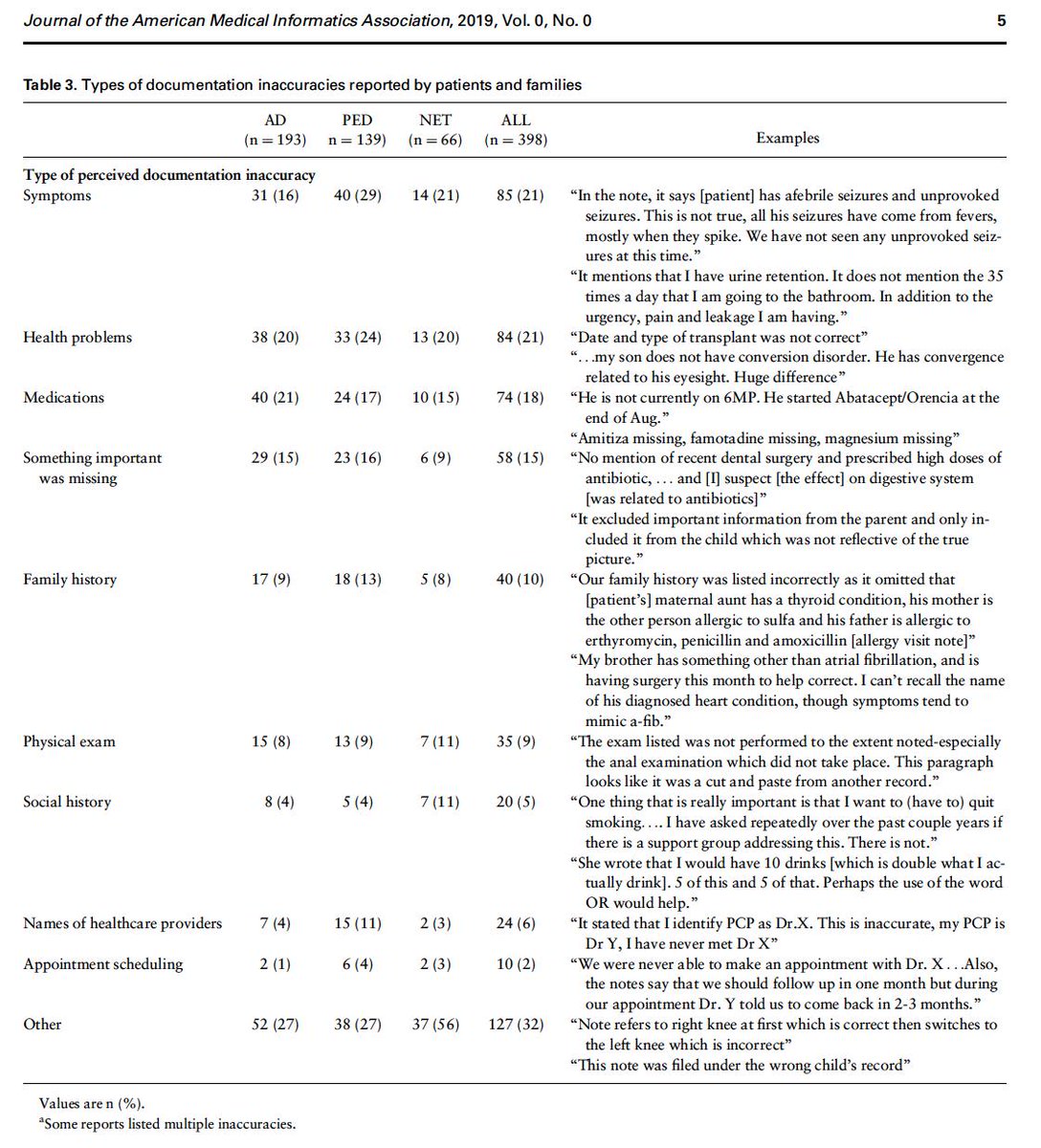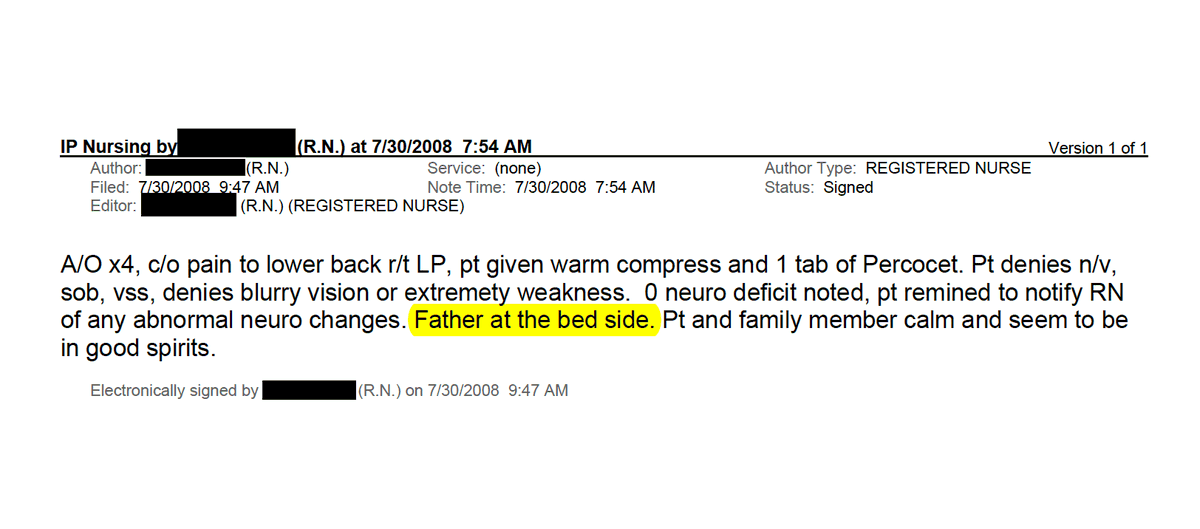
Dear oncology: We wrote this paper for you & it was published in @Cancer_Cell.
>10 yrs of research shows pts benefit when they read their clinical notes (#opennotes) however oncologists have been resistant to the practice.
#medthread 🧵 #MedTwitter 1/9
cell.com/cancer-cell/fu…
>10 yrs of research shows pts benefit when they read their clinical notes (#opennotes) however oncologists have been resistant to the practice.
#medthread 🧵 #MedTwitter 1/9
cell.com/cancer-cell/fu…

- I've read every paper on #opennotes
- I've presented about open notes at @ASCO & @AACR
- I'm connected w/the cancer patient community
I noticed:
- Pts are positive about the idea of open notes
- Oncologists are nervous
#bcsm #btsm #lcsm #mmsm #ayacsm #CSSMchat
2/9
- I've presented about open notes at @ASCO & @AACR
- I'm connected w/the cancer patient community
I noticed:
- Pts are positive about the idea of open notes
- Oncologists are nervous
#bcsm #btsm #lcsm #mmsm #ayacsm #CSSMchat
2/9
My colleagues at @myopennotes have conducted studies of pts & clinicians with survey responses in the tens of thousands, but we had never dug into the oncology-specific data... UNTIL NOW.
QUESTION
How do oncology clinician views differ from those of their patients? 3/9
QUESTION
How do oncology clinician views differ from those of their patients? 3/9
We ANALYZED DATA from 2 surveys:
✔️Among 1631 clinician respondents, 97 worked in oncology settings
✔️Among 23576 patient respondents, 3418 had a cancer diagnosis
We compared cancer patient and oncology clinician responses to similar survey questions. 4/9
✔️Among 1631 clinician respondents, 97 worked in oncology settings
✔️Among 23576 patient respondents, 3418 had a cancer diagnosis
We compared cancer patient and oncology clinician responses to similar survey questions. 4/9

RESULTS
In general, both oncology clinicians (70%) & cancer patients (98%) felt that #opennotes was "good idea." 5/9
In general, both oncology clinicians (70%) & cancer patients (98%) felt that #opennotes was "good idea." 5/9

However, most oncology clinician views differed from those of their patients.
💥💥💥
For example, 44% of oncology clinicians believed their patients would be confused by their notes, but just 4% of patients reported being confused. 6/9
💥💥💥
For example, 44% of oncology clinicians believed their patients would be confused by their notes, but just 4% of patients reported being confused. 6/9

Many clinicians worry their workload will increase as a result of #opennotes. 😬😬😬
23% of patients said they HAD contacted their providers regarding questions in a note over the last 12 months, however 89% of clinicians said this happened infrequently. 😅 7/9
23% of patients said they HAD contacted their providers regarding questions in a note over the last 12 months, however 89% of clinicians said this happened infrequently. 😅 7/9

WHY DOES ANY OF THIS MATTER?
As a result of the 21st Century Cures Act, opening clinical notes to patients with cancer will no longer be a decision left to individual clinicians.
Beginning Nov 2, 2020, most ppl around the country will have access to their notes. 8/9
As a result of the 21st Century Cures Act, opening clinical notes to patients with cancer will no longer be a decision left to individual clinicians.
Beginning Nov 2, 2020, most ppl around the country will have access to their notes. 8/9
I hope this paper and these findings help oncologists navigate their way in a new era of health information transparency. I believe in you!
Read it in @Cancer_Cell: cell.com/cancer-cell/fu…
To interested patients: Reach out to the 1st author if you need access. 9/9
Read it in @Cancer_Cell: cell.com/cancer-cell/fu…
To interested patients: Reach out to the 1st author if you need access. 9/9
BONUS:
My friend @sotisgreen told me her friend @BettyFerrellPhD once said, "Write the paper you want to see in the world."
The paper I wanted to see has been written.
Now what?
#patientresearcher #s4pm #whyinformatics
My friend @sotisgreen told me her friend @BettyFerrellPhD once said, "Write the paper you want to see in the world."
The paper I wanted to see has been written.
Now what?
#patientresearcher #s4pm #whyinformatics
• • •
Missing some Tweet in this thread? You can try to
force a refresh

